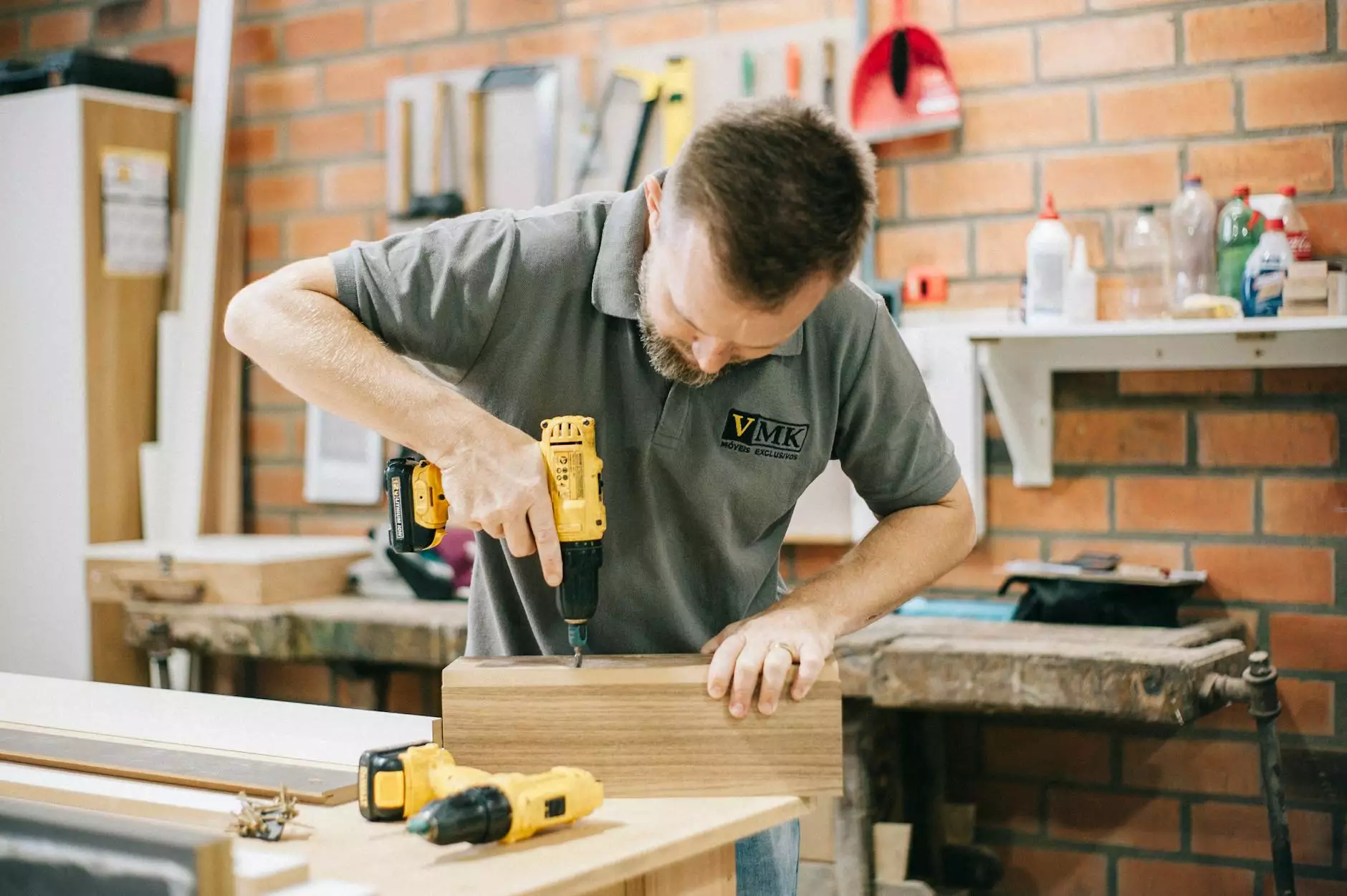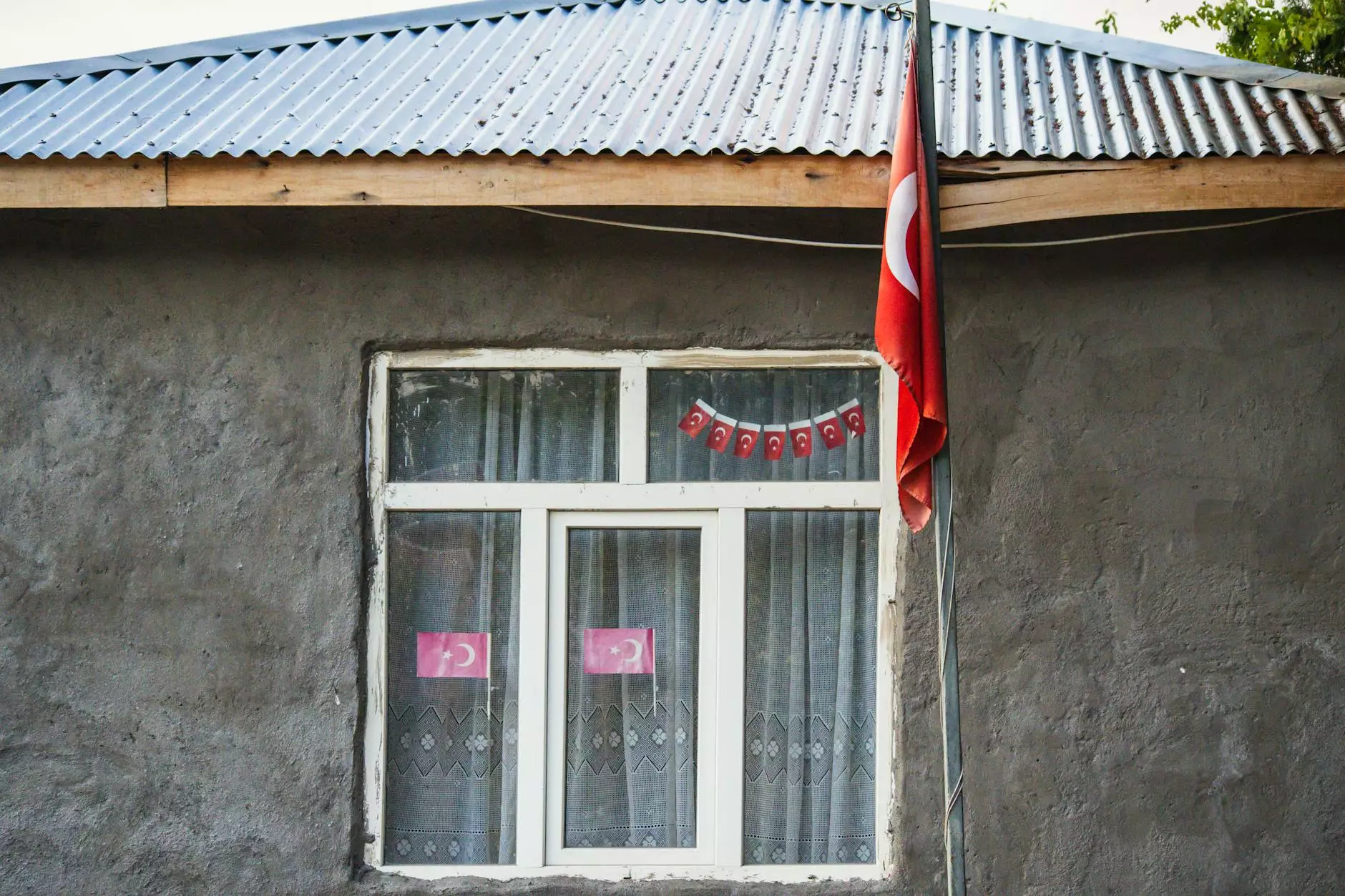The Ultimate Guide to Swimming Pool Repair

Are you facing issues with your swimming pool? Swimming pool repair is a crucial aspect of pool ownership, ensuring not only the aesthetic appeal of your oasis but also the safety and functionality for your family. In this article, we will delve deep into the various facets of swimming pool repair, offering expert insights and guidance to help you maintain your pool in pristine condition.
Understanding Common Swimming Pool Issues
Owning a swimming pool comes with its share of responsibilities, and understanding the common issues that can arise is the first step in effective swimming pool repair. Here are some prevalent problems:
- Leaking Pools: Water loss can indicate a serious problem, including cracks in the pool's structure or issues with the plumbing.
- Dirty Water: Algae growth or murky water is not just unsightly; it can be detrimental to health.
- Cracked or Chipped Tiles: These not only affect the appearance but can also be hazardous.
- Malfunctioning Pump: A faulty pump can lead to inadequate filtration, resulting in dirty and unhealthy water.
- Heating Issues: Problems with your pool heater can turn your relaxing swim into a shivering experience.
Common Signs Your Pool Needs Repair
Keeping an eye out for warning signs can save you time and money in the long run. Some indicators that your swimming pool requires attention include:
- Water Level Drops: If the water level is consistently dropping, there's likely a leak.
- Uneven Surface: An uneven pool surface can lead to further damage and safety issues.
- Increased Algae Growth: If you observe more algae than usual, this indicates problems with filtration.
- Unusual Noises: A buzzing or grinding noise from your pool equipment can indicate mechanical failure.
- Changes in Water Color: Discolored water can indicate poor chemical balance or polluted water.
The Importance of Regular Maintenance
Preventative maintenance is key to avoiding costly swimming pool repair down the line. Regularly checking your pool for potential issues, and maintaining proper chemical balance, can significantly extend the life of your pool and reduce the frequency of repairs. Here are some essential maintenance tips:
1. Regular Cleaning
Keeping your pool clean is paramount. This includes:
- Skimming the Surface: Remove leaves and debris frequently.
- Brushing Walls: Brush the sides and bottom at least once a week.
- Vacuuming: Use a manual or automatic pool vacuum to clear out dirt.
2. Chemical Balance
Maintaining the correct balance of chemicals is essential for safe swimming. Regular testing of pH levels, chlorine, and alkalinity should be done to avoid water issues.
3. Equipment Checks
Regularly inspect all equipment, including filters and pumps, to ensure optimal performance. This simple step can prevent further problems from developing.
DIY vs. Professional Swimming Pool Repair
When it comes to swimming pool repair, homeowners often face the choice between DIY repairs and hiring professionals. Here’s a detailed analysis:
DIY Repairs
While many pool issues can be handled personally, it’s important to recognize your skill set. DIY repairs can save money but require knowledge and access to tools. Some repair tasks suitable for DIY include:
- Replacing filter cartridges
- Treating algae with chemicals
- Basic tile replacement
Hiring Professionals
In cases of significant leaks, plumbing issues, or complicated repairs, hiring a professional is usually the better option. Experts like those at poolrenovation.com can provide:
- Expertise: Trained professionals understand the ins and outs of pool systems.
- Efficiency: They can complete repairs quickly, minimizing downtime.
- Comprehensive Services: Access to a full range of repair options, including plumbing and electrical work.
Key Areas for Swimming Pool Repair
Let’s dive into some specific areas of swimming pool repair that every pool owner should be aware of:
1. Structural Repairs
Structural integrity is essential for any swimming pool. Common structural issues include:
- Cracks in concrete
- Wear and tear on vinyl liners
- Leaking from the fibreglass shell
Addressing structural repairs promptly is vital, as neglect can lead to larger and more expensive issues.
2. Plumbing Repairs
Pools are complex systems involving various plumbing components. Common plumbing issues include:
- Leaking pipes
- Blockages in drainage systems
- Problems with the main drain
These issues can affect the quality of your pool water and must be handled by professionals to ensure safety.
3. Electrical Repairs
Electrical components, such as lighting and pump motors, can pose serious risks if not repaired correctly. Common electrical repairs include:
- Replacing pool lights
- Fixing faulty wiring
- Ensuring all equipment is grounded properly
Always hire a licensed electrician for any electrical work to maintain safety standards.
Preparing for Professional Swimming Pool Repair
If you've opted to hire a professional, preparation is key. Here’s how to get ready for the service:
- Document Issues: Keep a record of all problems and symptoms you’ve observed.
- Clear the Area: Ensure the pool area is accessible for technicians.
- Set a Budget: Plan out potential costs for repairs prior to consultations.
Conclusion
In summary, understanding the intricacies of swimming pool repair can empower you as a pool owner. By staying proactive with maintenance, knowing when to seek professional help, and recognizing common pool issues, you can ensure your swimming pool remains a source of enjoyment for years to come. Regular inspections and timely repairs will not only save you money but also enhance your swimming experience.
For expert assistance, poolrenovation.com offers a comprehensive suite of services dedicated to keeping your swimming pool in perfect shape. Don’t let minor repairs turn into major headaches; act swiftly, and enjoy your swimming pool to the fullest!









